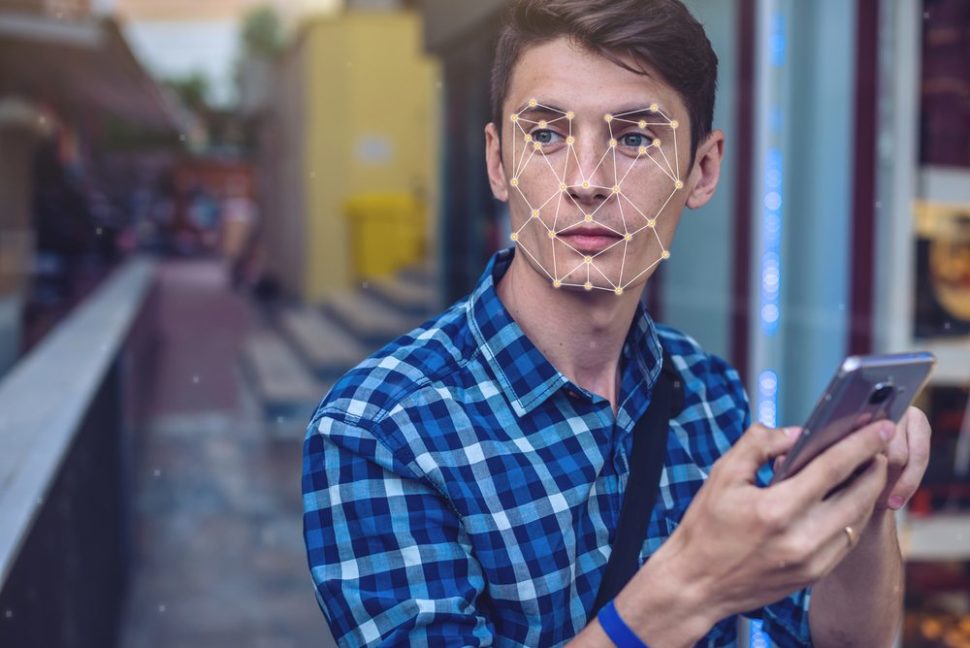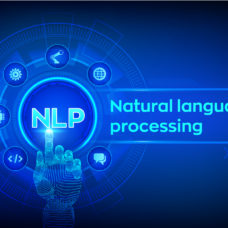New software uses AI to map facial key points in order to identify individuals in the street, including criminals and protesters, even with disguised faces.
We recognize faces in a somewhat magical way–just think about how we manage to identify a person, even after years of absence, just at a glance.
If the face of a given person has changed (a new beard, different hairstyle, or different eye makeup, for instance) we may find our certainty thrown into doubt. Despite our seemingly ingrained proficiency at recognizing peoples, we also sometimes mistake one person for someone else.
Normally, our ability to recognize key features of faces trumps that of AI, but our favorite future robot overlord, deep learning neural networks, are getting better at it every day.
AI software maps facial key points to identify disguised faces.Click To TweetWhile regular people do sometimes change up their look for benign reasons, shady individuals with criminal intent may use facial disguises to conceal their true identity.
The Disguised Face Identification
To counter CCTV, criminals and vandals alike use masks, scarves, glasses, wigs, and hats to disguise their appearance. Yet, if this new tech works as intended, disguising their face will no longer assure anonymity.
British and Indian researchers from the University of Cambridge, the National Institute of Technology, and the Indian Institute of Science have created AI that can identify disguised faces.
Their deep learning network, as described in this paper, is called the Disguised Face Identification (DFI).
DFI system maps 14 facial “key points”, including 10 for the eyes, three for the lips and one for the nose. Once marked, these points are connected to form a structure representative of the face.
DFI was trained on a dataset of 2000 images of males and females, all 18 years to 30 years of age, with different facial disguises, lighting, and backgrounds.
Upon tests, the results are rather mixed. The system was 56% accurate at identifying faces covered with hats or scarves, and only 43% if glasses were added.
Unlike other techniques that recognize faces by comparing them to other pictures, DFI, even if limited, for now, can determine faces under a disguise with substantial accuracy.
You Think you own Your Face? Think Again!
By 2022, the facial recognition technology market is expected to reach $9.6 billion, said a report by the research firm Allied Market Research (AMR).
This big commercial stake (of digital marketing) explains the enthusiasm of web giants to the technologies of facial recognition–which in and of itself raises a debate about security versus privacy.
Backed by increasingly sophisticated AI algorithms, tech companies and startups aim to reference the largest number of faces for barely disguised commercial purposes.
Advances in AI, biometrics, and cloud-based tech have enabled the emergence of many face recognition apps developed for social contexts, such as FaceNet tech used in Google Photos and Facebook’s DeepFace.
For its new iPhone X, Apple ditches Touch ID, the fingerprint recognition system present since 2013, in favor of Face ID, a robust, AI-powered facial recognition technology.
Apple promises that Face ID will allow you to unlock your smartphone, connect to your account and make purchases online (via ApplePay), all with your face. And if the recent Face ID stage demo has failed, Apple is blaming it on its staff, not the tech.
Thanks to its huge database of images, FaceBook’s AI facial recognition app is so accurate that it can do better than FBI’s facial recognition system, which is allegedly racially-biased and accurate only 85% of the time.
No matter which side of the controversy surrounding this technology you’re on, when you use your image to secure your devices, you’re helping AI “catalogs” like DeepFace and Face ID get more powerful.



















Many people try to invest their money so as to make more profit after a certain period of time. This is certainly not a wrong move but scammers online make use of this opportunity to deprive people of their money. You might have invested your Bitcoin in the wrong investment company and lost it but you do not need to worry reach out to Mrs Lisa for help in getting your funds recovered. she helped me as well mail her via. ‘ Lisa.Eric at proton.me ‘ or whatsapp + 84 94 767 1524